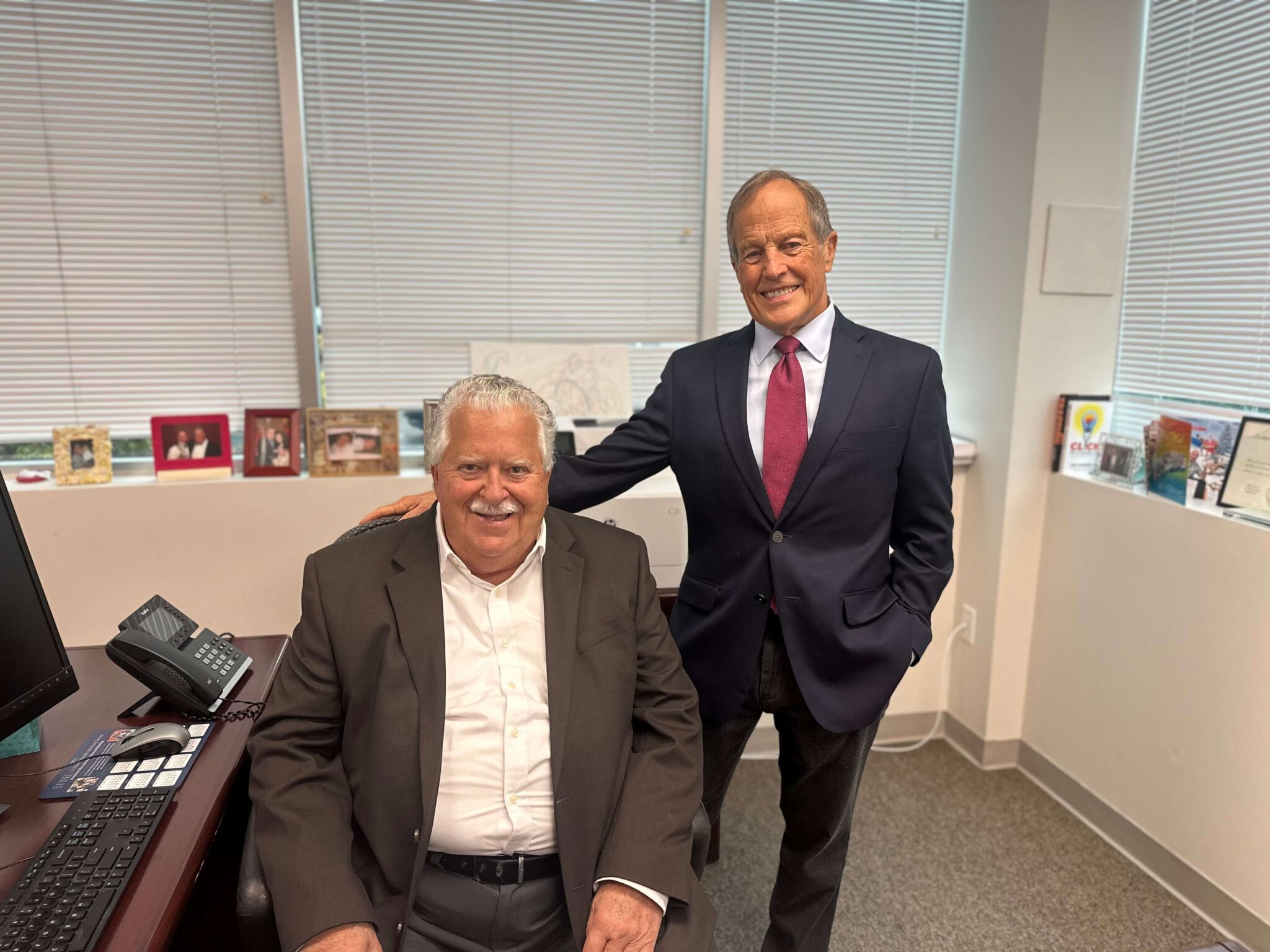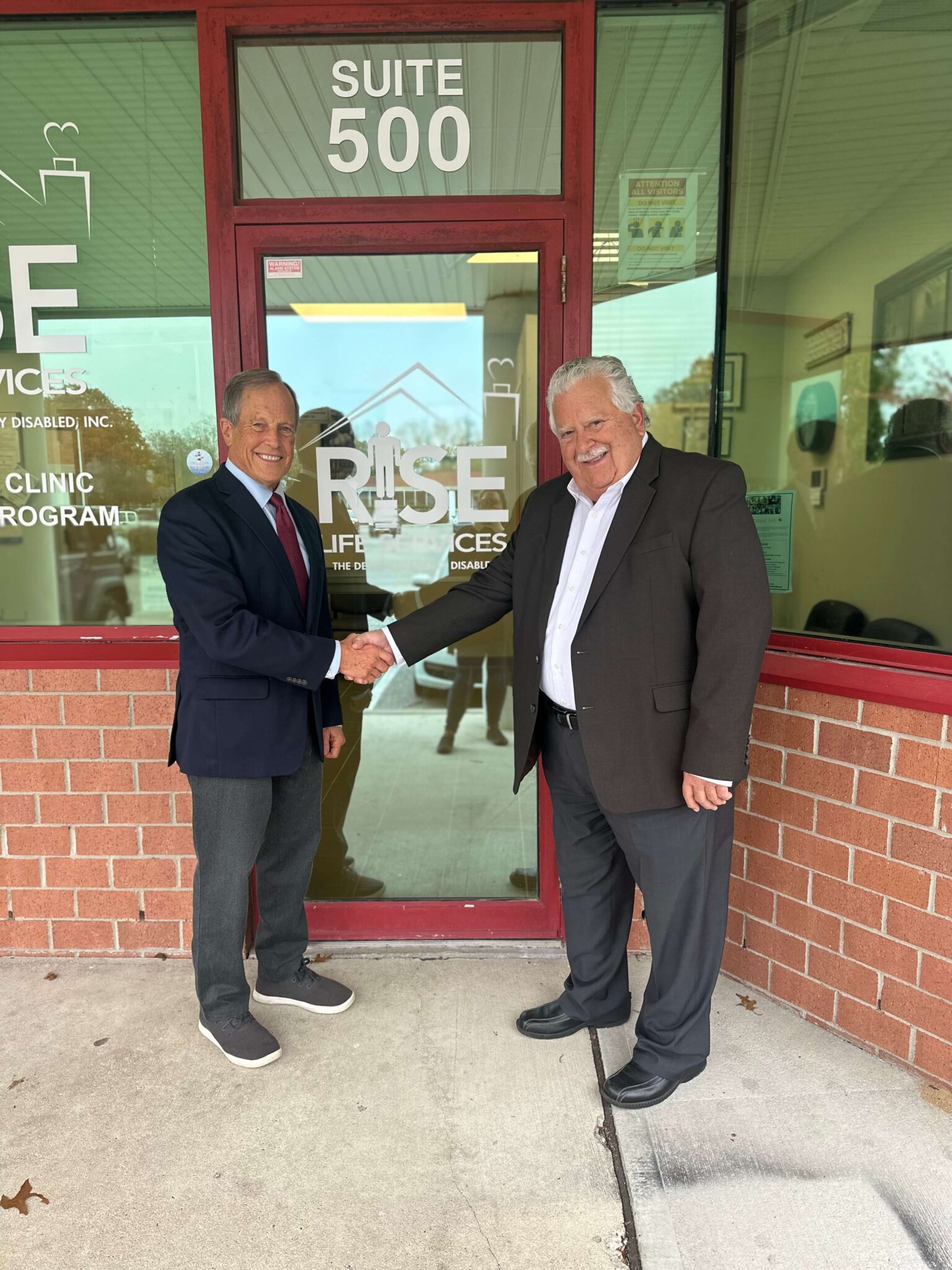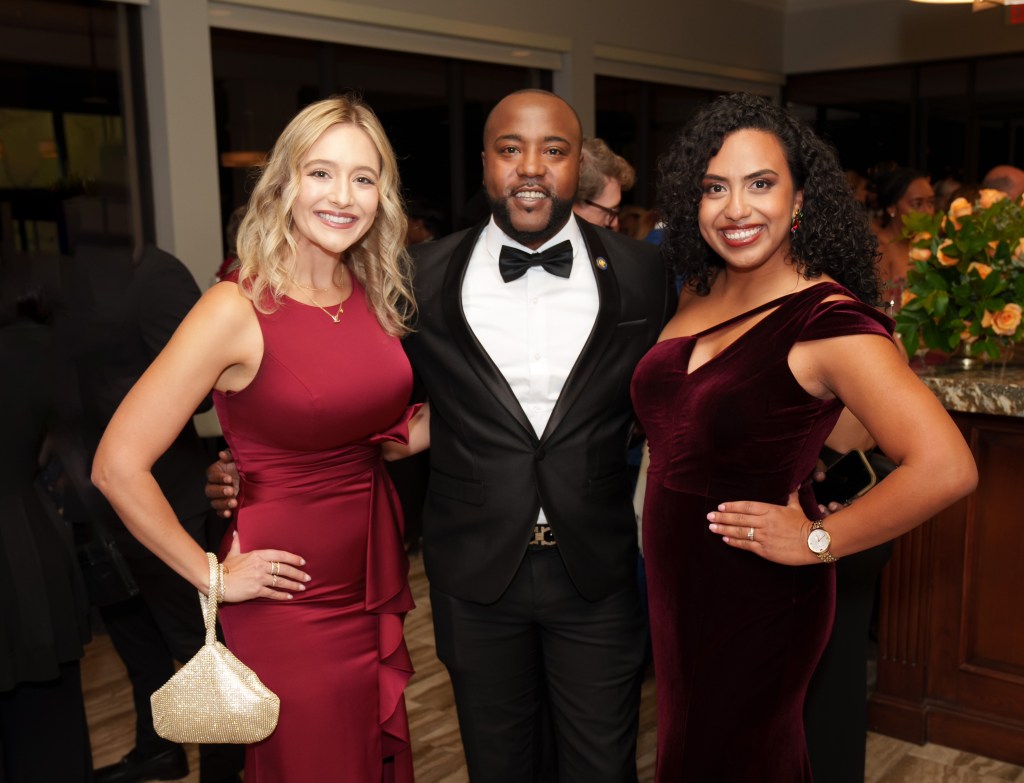The Rise of RISE Life Services: How a Good Board & CEO Help Nonprofit

If you look at RISE Life Services, a nonprofit serving the developmentally disabled for more than 40 years, you see a group that changed thousands of lives directly and made history. It helped lead the push to stop warehousing the developmentally disabled in the 1980s — and opened a residential program that helped clear the way for so many others.
In addition to a story of passionate founders, however, today RISE has become a case study in how a group, with the help of a proactive executive director and board, can expand and stay in tune with the times. RISE today seeks not only to provide better living conditions for the developmentally disabled, but also to improve their lives in other ways.
“What attests most of all to the success of our mission at RISE is how these disabilities have given way to impressive talents and skills that they and their families never knew they had,” Board President Gregory Blass said. “And it’s the RISE staff who have opened the way for them.”
RISE Life Services
THEN AND NOW
RISE was founded in 1980 as Aid to The Developmentally Disabled by family members concerned about the physical and emotional decline of patients compelled to live in crowded institutions. Those were the days of the infamous Willowbrook State School, when the developmentally disabled often were essentially warehoused in massive institutions.
The group in 1984, three years before Willowbrook closed, opened their first residential program in Riverhead. It then expanded into a multi-service organization providing residential programs, supported apartments, clinical support and case management services for the developmentally disabled, mentally ill and dual diagnosed adults.
The organization in 2018 was rebranded as RISE Life Services to better reflect the growing scope of its mission and services. RISE now operates 32 homes and numerous programs across Long Island, helping more than 500 individuals daily. As the group puts it, “RISE Life Services is a community dedicated to empowering people of all abilities to RISE to their full potential.”
Charles Evdos, who took the helm as executive director seven years ago, has led the expansion along with an active board, management and staff. The group revamped everything from the website to its name, creating a development department that focuses fundraising on events, grants, estate planning, naming of sites, property donations, as well as doing direct mail campaigns, recruiting volunteers and advocating for change while launching new services.
But behind the change and behind the scenes, not so widely seen, has been a collaboration between the executive director, board, management and staff.
“A good board works closely with the CEO and the management team,” Executive Director Charles Evdos said. “They are involved with strategic planning, fundraising, incident review, bylaws, public relations, insurance, advocating for our individuals. In essence, it provides our management team a second layer of expertise.”
CONSENSUS BUILDING
While boards are often overlooked by media, RISE’s expansion is an example of an executive director and board collaborating closely. Evdos says the board helps advance programs, increase revenue, do strategic planning, budgeting, fundraising, updating bylaws and other aspects including insurance.
“Many of our board members are business people,” Evdos says. “They provide new ideas and how to protect our agency.”
RISE Board President Gregory Bass joined the board in 2011, taking the helm last January before being re-elected for a term running through January, 2026. Blass leads meetings and appoints committees to the volunteer board who work with the executive director.
“I see the role as the author, Carl Sandburg, described it in ‘Lincoln,’” Blass says. “’He who leads must often be content to follow.’ So I follow the consensus that I help to build among all the board.”

BOARD BUILDING
Blass points to three things he seeks in board members. “The three Ws come into play here: Wisdom, Work and Wealth,” he says. “Those are the traits the board seeks in recruiting members.”
The board works with the executive director, decides some personnel management issues, fundraises, approves annual budgets, interviews and hires top management.
“Most important,” Blass says, “monitoring the agency’s program and business practices and the quality of agency services to our clients.”
Blass says it’s crucial for the board and CEO to be on the same page. “We listen to each other,” he says. “His leadership of the agency has brought it to new levels. Together with the Board, his vision has turned RISE into a unique operation, literally.”
RISE has launched new initiatives such as its partnership with Spirit of Huntington known as RISE in Spirit, combining art, dance and other skills in what Blass calls a “former library building where miracles happen daily.”
The group launched and expanded its Without Walls program to five locations and partnered with NYIT to train potential workers in “skills that our staff has developed at RISE.”
They offer internships, launched a food pantry in collaboration with Island Harvest and various stores, created their own garden, opened an outpatient clinic and a suicide prevention program.
“Collaboration will play a big part in our future,” Evdos says, noting they plan to work with Dress for Success, the Department of Labor and other entities to help those it serves seek employment.
TWO BOARDS
The group actually has two boards, for RISE Life Services and the smaller RISE in Spirit. Blass says a good board has varied backgrounds. Zoom provides ease, but nothing beats being there.
“You want board members who attend meetings, including committee meetings, in person and participate,” Blass says. “Zoom is to be discouraged. Zoom blocks a board from having that crucial yet intangible ‘gel’ among themselves as a team.”
Board members should be active, not passive observers. “You want a board who speak up and often, but let the chair keep the meeting moving,” Blass adds.
Board members, Blass says, are “representatives who vote to cause action by the agency.” He set a “rainy day fund” goal of $10 million to help guide the agency in case of what Evdos calls “rough times.”
“Our board members are actively seeking supporters and spreading the mission of RISE,” Evdos says. “They are consistently donating their time to helping our directors navigate the economy and increase revenue.”
COMMITTEES ARE KEY
Evdos says the finance committee assists with budgets and “ensuring the agency is on track with the funds supplied by New York State.” The fundraising committee helps locating venues for events, creating marketing materials, attracting donors and soliciting donations.
“As we head into 2024, the strategic planning process is in full swing, and the board works with each director to assist in this planning process,” Evdos says. “They provide feedback on how to expand services, reach, and budget based on each program’s needs.”
Blass says RISE has “increased its marvelous range of service activity to many more clients than ever” and the State of New York needs to catch up on “obligations to the nonprofit services with whom it contracts.”
Evdos describes simply what a group must do on their end. “A not-for-profit must run like a business. Many not-for profits do not run their operation like a business,” he says. “Without a team approach, you will not succeed.”
Learn more at riselifeservices.org.
-PARTNER CONTENT








